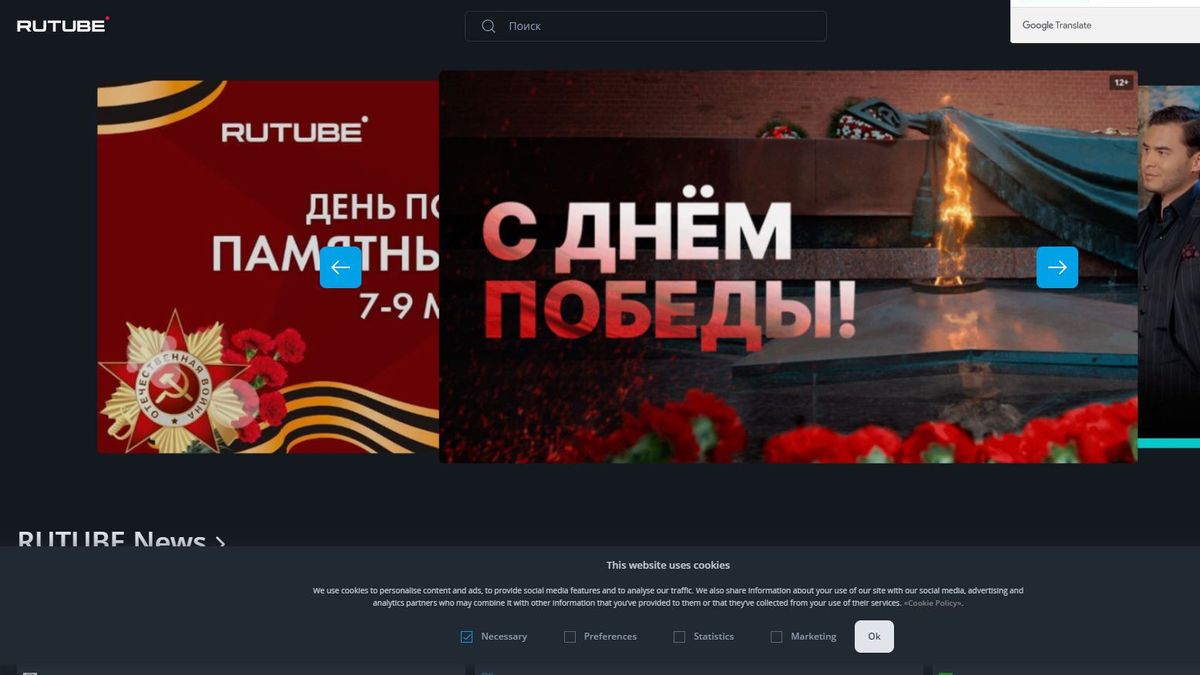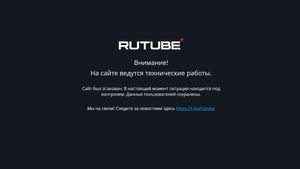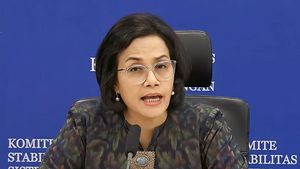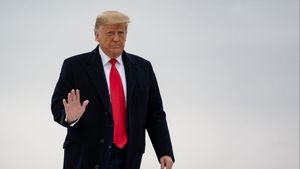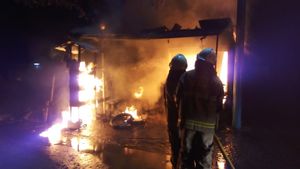JAKARTA - User access to Russian video-hosting site RuTube finally recovered on Wednesday, May 11 after experiencing a three-day blackout. The outage occurred as a result of a cyberattack that required the attention of a team of cybersecurity experts and questioned the durability of the service.
Moscow has long sought to improve its domestic internet infrastructure, even disconnecting itself from the global internet during tests last summer. But the need to strengthen its technological solutions has become more pressing since the West began imposing unprecedented sanctions on Russia over the conflict in Ukraine.
The RuTube homepage, usually packed with video content, reappeared Wednesday night, having been inaccessible since Monday morning, the day Russia celebrated the anniversary of its victory over Nazi Germany in World War Two.
During the outage, a text message on the site read: "Attention! This site is currently undergoing technical work. The site was under attack. The situation is currently under control. User data has been saved."
RuTube said on Wednesday it had brought in several different experts to investigate the attack and repair the damage. This includes a team from the Russian cybersecurity firm's Center for Expert Security Experts, Positive Technologies, which it says has been working on the issue for two days.
The Vedomosti newspaper quoted a director of Positive Technologies, Alexei Novikov, as saying that RuTube had been the target of a targeted attack aimed at disabling the service and it may take up to three weeks to investigate and respond to the incident given the scale of the attack.
"We had to address the basic toolkit that hackers use," Denis Goidenko, head of Positive Technologies' information security threat response department, said in a video message on Telegram earlier on Wednesday.
관련 항목:
"There is a lot of work to be done because RuTube's infrastructure is quite large and complex," Goidenko said
RuTube says 99.5% of the video library is available for users to view, but the search and comment functionality still needs to be restored.
The episode highlights how Russia remains dependent on Alphabet Inc's YouTube, which has about 90 million monthly users in the country, and is a clue as to why Moscow hasn't blocked the US video service. This is a different fate for YouTube, as foreign social media platforms are already blocked in Russia.
Anton Gorelkin, deputy head of the State Duma's parliamentary committee on information policy, stressed the importance of RuTube being able to withstand future hacking attempts.
"I think the company will draw conclusions from this story and seriously reconsider its approach to protecting its infrastructure," Gorelkin wrote on Telegram. "We need our strong national video hosting site."
The English, Chinese, Japanese, Arabic, and French versions are automatically generated by the AI. So there may still be inaccuracies in translating, please always see Indonesian as our main language. (system supported by DigitalSiber.id)
